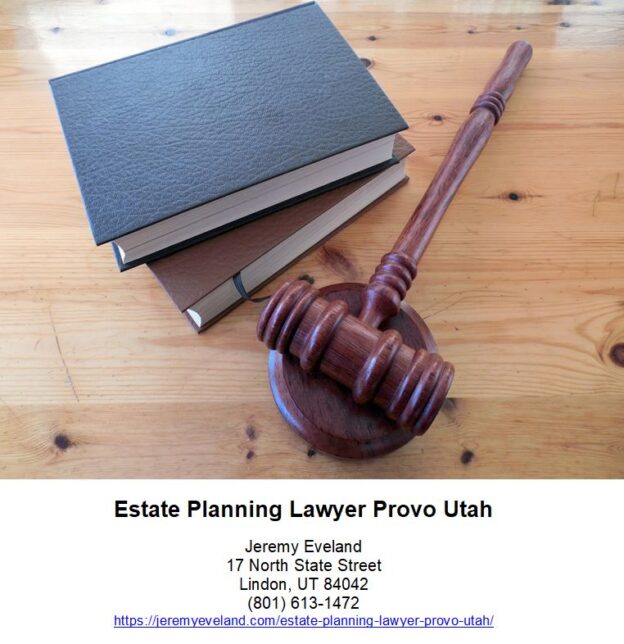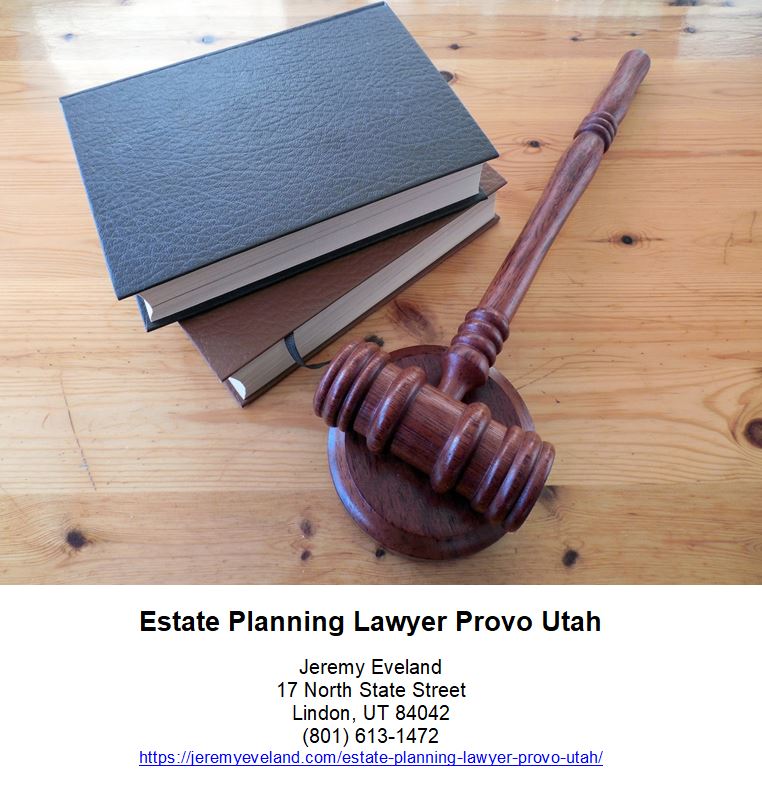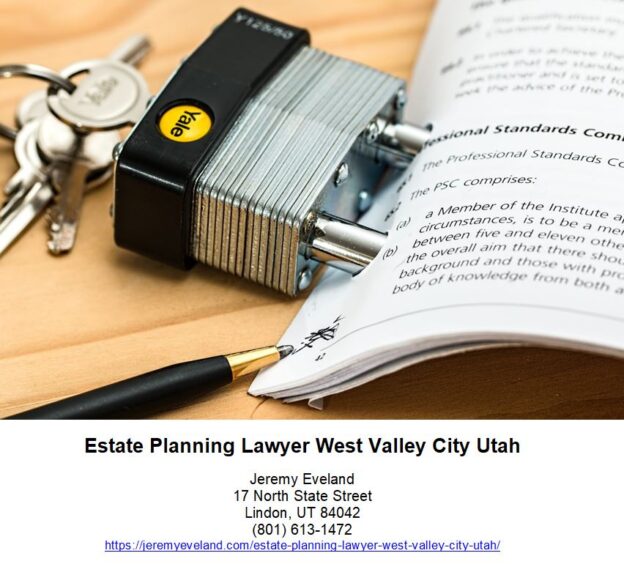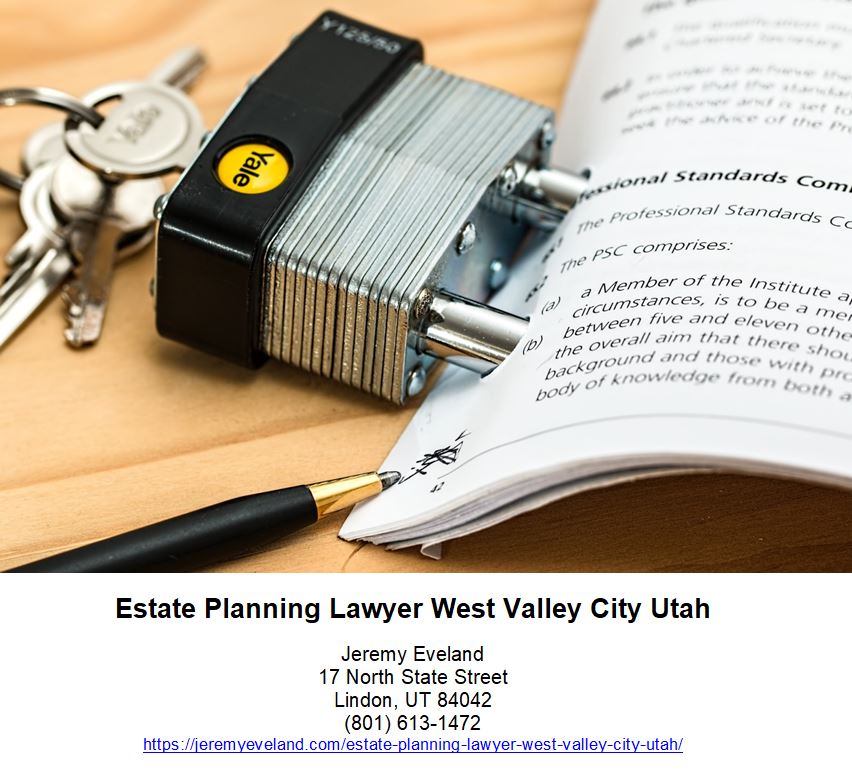-
Legal Topics
- Introduction
- Common Mistakes to Avoid When Working with a High Asset Estate Lawyer
- The Role of a High Asset Estate Lawyer in Estate Administration
- Understanding the Complexities of High Asset Estate Planning
- The Benefits of Working with a High Asset Estate Lawyer
- How to Choose the Right High Asset Estate Lawyer for Your Needs
- Q&A
“Secure Your Legacy with High Asset Estate Lawyer”
Introduction
High Asset Estate Lawyer is a specialized field of law that deals with the legal issues related to the transfer of wealth from one generation to the next. It involves the planning and management of estates, trusts, and other financial instruments to ensure that the assets are distributed according to the wishes of the deceased. High Asset Estate Lawyers are experienced in the complexities of estate planning, taxation, and probate law. They are knowledgeable in the laws and regulations that govern the transfer of wealth and can provide advice on the best way to protect and preserve the assets of the deceased. High Asset Estate Lawyers are also knowledgeable in the laws and regulations that govern the transfer of wealth between family members, such as wills, trusts, and other financial instruments. They can provide advice on the best way to protect and preserve the assets of the deceased and ensure that the wishes of the deceased are carried out.
Common Mistakes to Avoid When Working with a High Asset Estate Lawyer
1. Not Being Prepared: Before meeting with a high asset estate lawyer, it is important to be prepared. Gather all relevant documents, such as wills, trusts, and other estate planning documents, and have them ready to discuss.
2. Not Understanding Your Goals: Before meeting with a high asset estate lawyer, it is important to understand your goals and objectives. Make sure you have a clear understanding of what you want to accomplish and how you want to structure your estate.
3. Not Being Open and Honest: When working with a high asset estate lawyer, it is important to be open and honest about your financial situation. Be prepared to provide accurate information about your assets, liabilities, and income.
4. Not Asking Questions: When working with a high asset estate lawyer, it is important to ask questions. Make sure you understand the process and the legal implications of any decisions you make.
5. Not Following Through: Once you have established a plan with your high asset estate lawyer, it is important to follow through. Make sure you are taking the necessary steps to ensure that your estate is properly managed and that your wishes are carried out.
6. Not Keeping Records: When working with a high asset estate lawyer, it is important to keep accurate records. Make sure you keep copies of all documents and correspondence related to your estate.
7. Not Understanding the Tax Implications: When working with a high asset estate lawyer, it is important to understand the tax implications of any decisions you make. Make sure you understand the tax implications of any estate planning decisions you make.
8. Not Updating Your Plan: When working with a high asset estate lawyer, it is important to update your plan as your financial situation changes. Make sure you keep your estate plan up to date to ensure that your wishes are carried out.
The Role of a High Asset Estate Lawyer in Estate Administration
A high asset estate lawyer plays an important role in estate administration. Estate administration is the process of managing the assets of a deceased person, including the distribution of assets to beneficiaries and the payment of taxes and other debts. A high asset estate lawyer is a lawyer who specializes in the legal aspects of estate administration, particularly when the estate includes high-value assets.
High asset estate lawyers provide legal advice and guidance to executors and trustees throughout the estate administration process. They help to ensure that the estate is administered in accordance with the law and the wishes of the deceased. They also provide advice on the best way to manage the estate, including the distribution of assets and the payment of taxes and other debts.
High asset estate lawyers are knowledgeable about the laws and regulations that govern estate administration. They can help executors and trustees understand their legal obligations and ensure that the estate is administered in accordance with the law. They can also provide advice on the best way to manage the estate, including the distribution of assets and the payment of taxes and other debts.
High asset estate lawyers can also help executors and trustees to identify and protect assets that may be subject to claims from creditors or other parties. They can also help to ensure that the estate is administered in a timely and efficient manner.
High asset estate lawyers can also provide advice on the best way to manage the estate, including the distribution of assets and the payment of taxes and other debts. They can also help to ensure that the estate is administered in accordance with the wishes of the deceased.
High asset estate lawyers can also provide advice on the best way to manage the estate, including the distribution of assets and the payment of taxes and other debts. They can also help to ensure that the estate is administered in accordance with the wishes of the deceased.
High asset estate lawyers can also provide advice on the best way to manage the estate, including the distribution of assets and the payment of taxes and other debts. They can also help to ensure that the estate is administered in accordance with the wishes of the deceased.
In summary, a high asset estate lawyer plays an important role in estate administration. They provide legal advice and guidance to executors and trustees throughout the estate administration process. They can help to ensure that the estate is administered in accordance with the law and the wishes of the deceased. They can also provide advice on the best way to manage the estate, including the distribution of assets and the payment of taxes and other debts.
Understanding the Complexities of High Asset Estate Planning
High asset estate planning is a complex process that requires careful consideration and planning. It involves the transfer of assets from one generation to the next, and the protection of those assets from taxes, creditors, and other liabilities. It is important to understand the complexities of high asset estate planning in order to ensure that your assets are properly managed and protected.
The first step in high asset estate planning is to determine the value of your assets. This includes both tangible and intangible assets, such as real estate, investments, and business interests. Once the value of your assets is determined, you can begin to plan for their transfer. This may include creating trusts, setting up wills, and establishing other legal documents.
The next step in high asset estate planning is to determine how the assets will be distributed. This includes deciding who will receive the assets, when they will receive them, and how they will be managed. It is important to consider the tax implications of each decision, as well as the potential for future growth or loss of value.
The third step in high asset estate planning is to create a plan for the management of the assets. This includes deciding who will manage the assets, how they will be managed, and how the assets will be invested. It is important to consider the potential risks associated with each decision, as well as the potential for future growth or loss of value.
Finally, it is important to consider the potential for future changes in the law. Estate planning is a complex process, and it is important to stay up to date on any changes that may affect your estate plan. It is also important to consult with a qualified estate planning attorney to ensure that your plan is in compliance with the law.
High asset estate planning is a complex process that requires careful consideration and planning. It is important to understand the complexities of high asset estate planning in order to ensure that your assets are properly managed and protected. By taking the time to understand the complexities of high asset estate planning, you can ensure that your assets are protected and managed in the most efficient and effective manner possible.
The Benefits of Working with a High Asset Estate Lawyer
When it comes to managing high asset estates, it is important to work with a qualified and experienced attorney. A high asset estate lawyer can provide invaluable assistance in navigating the complexities of estate planning, asset protection, and tax planning. Here are some of the benefits of working with a high asset estate lawyer:
1. Comprehensive Estate Planning: A high asset estate lawyer can help you create a comprehensive estate plan that takes into account your unique needs and goals. They can help you create a plan that will ensure your assets are distributed according to your wishes and that your estate is managed in the most tax-efficient manner possible.
2. Asset Protection: A high asset estate lawyer can help you protect your assets from creditors, lawsuits, and other potential risks. They can help you create a plan that will ensure your assets are protected and that your estate is managed in the most secure manner possible.
3. Tax Planning: A high asset estate lawyer can help you minimize your tax liability and maximize your estate’s value. They can help you create a plan that will ensure your estate is managed in the most tax-efficient manner possible.
4. Expert Advice: A high asset estate lawyer can provide you with expert advice on a variety of topics related to estate planning, asset protection, and tax planning. They can help you make informed decisions and ensure that your estate is managed in the most efficient manner possible.
By working with a qualified and experienced high asset estate lawyer, you can ensure that your estate is managed in the most secure and tax-efficient manner possible. A high asset estate lawyer can provide invaluable assistance in navigating the complexities of estate planning, asset protection, and tax planning.
How to Choose the Right High Asset Estate Lawyer for Your Needs
When it comes to high asset estates, it is important to choose the right lawyer to ensure that your estate is handled properly. Here are some tips to help you choose the right high asset estate lawyer for your needs:
1. Research: Before you hire a lawyer, it is important to do your research. Look for lawyers who specialize in high asset estates and have experience in the area. Check their credentials and read reviews from past clients to get an idea of their level of expertise.
2. Ask Questions: Once you have narrowed down your list of potential lawyers, it is important to ask questions. Ask about their experience in the area, their fees, and any other questions you may have. This will help you get a better understanding of the lawyer and their services.
3. Get Referrals: Ask friends, family, and colleagues for referrals. This will help you find a lawyer who is experienced and trustworthy.
4. Meet in Person: Once you have narrowed down your list of potential lawyers, it is important to meet with them in person. This will give you an opportunity to get to know the lawyer and ask any additional questions you may have.
By following these tips, you can ensure that you choose the right high asset estate lawyer for your needs. With the right lawyer, you can rest assured that your estate will be handled properly and your wishes will be respected.
Q&A
1. What is a High Asset Estate Lawyer?
A High Asset Estate Lawyer is a lawyer who specializes in the legal aspects of estate planning, asset protection, and wealth management. They help clients protect their assets and plan for the future.
2. What services do High Asset Estate Lawyers provide?
High Asset Estate Lawyers provide a variety of services, including estate planning, asset protection, tax planning, trust and estate administration, and business succession planning.
3. What qualifications do High Asset Estate Lawyers need?
High Asset Estate Lawyers must have a law degree and be licensed to practice law in the state in which they practice. They must also have experience in estate planning, asset protection, and wealth management.
4. How much do High Asset Estate Lawyers charge?
High Asset Estate Lawyers typically charge an hourly rate for their services. The rate can vary depending on the complexity of the case and the lawyer’s experience.
5. What should I look for when hiring a High Asset Estate Lawyer?
When hiring a High Asset Estate Lawyer, you should look for someone who is experienced in the area of estate planning, asset protection, and wealth management. You should also look for someone who is knowledgeable about the laws in your state and who is willing to take the time to understand your individual needs.
Areas We Serve
We serve individuals and businesses in the following locations:
Salt Lake City Utah
West Valley City Utah
Provo Utah
West Jordan Utah
Orem Utah
Sandy Utah
Ogden Utah
St. George Utah
Layton Utah
South Jordan Utah
Lehi Utah
Millcreek Utah
Taylorsville Utah
Logan Utah
Murray Utah
Draper Utah
Bountiful Utah
Riverton Utah
Herriman Utah
Spanish Fork Utah
Roy Utah
Pleasant Grove Utah
Kearns Utah
Tooele Utah
Cottonwood Heights Utah
Midvale Utah
Springville Utah
Eagle Mountain Utah
Cedar City Utah
Kaysville Utah
Clearfield Utah
Holladay Utah
American Fork Utah
Syracuse Utah
Saratoga Springs Utah
Magna Utah
Washington Utah
South Salt Lake Utah
Farmington Utah
Clinton Utah
North Salt Lake Utah
Payson Utah
North Ogden Utah
Brigham City Utah
Highland Utah
Centerville Utah
Hurricane Utah
South Ogden Utah
Heber Utah
West Haven Utah
Bluffdale Utah
Santaquin Utah
Smithfield Utah
Woods Cross Utah
Grantsville Utah
Lindon Utah
North Logan Utah
West Point Utah
Vernal Utah
Alpine Utah
Cedar Hills Utah
Pleasant View Utah
Mapleton Utah
Stansbury Par Utah
Washington Terrace Utah
Riverdale Utah
Hooper Utah
Tremonton Utah
Ivins Utah
Park City Utah
Price Utah
Hyrum Utah
Summit Park Utah
Salem Utah
Richfield Utah
Santa Clara Utah
Providence Utah
South Weber Utah
Vineyard Utah
Ephraim Utah
Roosevelt Utah
Farr West Utah
Plain City Utah
Nibley Utah
Enoch Utah
Harrisville Utah
Snyderville Utah
Fruit Heights Utah
Nephi Utah
White City Utah
West Bountiful Utah
Sunset Utah
Moab Utah
Midway Utah
Perry Utah
Kanab Utah
Hyde Park Utah
Silver Summit Utah
La Verkin Utah
Morgan Utah
High Asset Estate Consultation
When you need help with a high asset estate call Jeremy D. Eveland, MBA, JD (801) 613-1472 for a consultation.
Jeremy Eveland
17 North State Street
Lindon UT 84042
(801) 613-1472
Related Posts
Estate Planning Lawyer Provo Utah
Business Lawyer West Valley City Utah
Business Succession Lawyer Eagle Mountain Utah
Estate Planning Lawyer West Jordan Utah
Business Acquisition Lawyer Sandy Utah
Estate Planning Lawyer Orem Utah
















